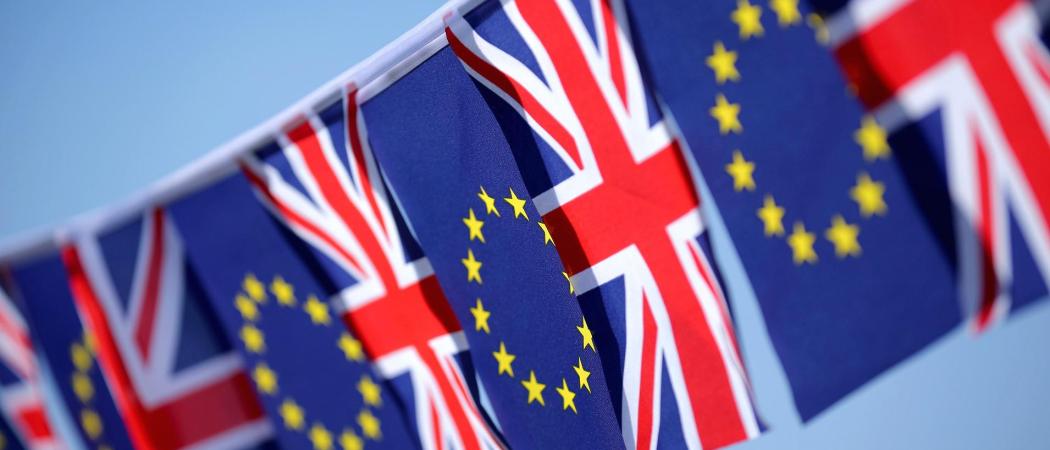All parties in the negotiations on the UK’s departure from the EU must now strive to ensure that as little harm as possible is done to research, say 29 Nobel prize winners in letter to May and Juncker

Thirty-five of the biggest names in science from across Europe have called on UK and EU leaders to maintain the “closest possible cooperation” on science post-Brexit, warning any barriers to research collaboration in the EU will be “to the detriment of all”.
A letter to British Prime Minister Theresa May and European Commission President Jean-Claude-Juncker signed by 29 Nobel Laureates and six winners of the Fields medal, says science needs "the flow of people and ideas across borders.”
"The challenges we face must be tackled in a manner that benefits everyone and those challenges are better faced together. Only a deal which allows the closest possible cooperation between the UK and the EU, now and in the future, will make that possible," the scientists say.
The letter’s signatories include biologist Venki Ramakrishnan, president of the Royal Society, and Christiane Nüsslein-Volhard, director at the Max Planck Institute for Developmental Biology until 2015.
The statement comes as the UK approaches its deadline for leaving the EU on 29 March 2019 – and coincides with the publication of a staff survey at Europe's biggest biomedical research centre, the Francis Crick Institute in London, which reveals only 10 per cent of its 1,000-plus researchers feel confident in the future of UK science.
Only four per cent of Crick staff think the government is committed to getting a good deal for science, while only three per cent think the scientific community is being listened to.
A full 97 per cent believe a hard Brexit would be bad for UK science and 82 per cent thought it would have a detrimental effect on European science. Forty per cent of Crick researchers are EU-27 nationals.
A clean break from the EU would “cripple UK science and the government needs to sit up and listen,” said Crick Director Paul Nurse, one of the signatories of the letter. “We need a deal that replaces the science funding lost because of Brexit, that preserves freedom of movement for talented scientists, and that makes them feel welcome in this country.”
EU funds account for almost £5 million a year for the Crick annual budget.
The UK government wants to be part of future EU research programmes, although access terms offered in the future are expected to be less privileged than before.





 A unique international forum for public research organisations and companies to connect their external engagement with strategic interests around their R&D system.
A unique international forum for public research organisations and companies to connect their external engagement with strategic interests around their R&D system.